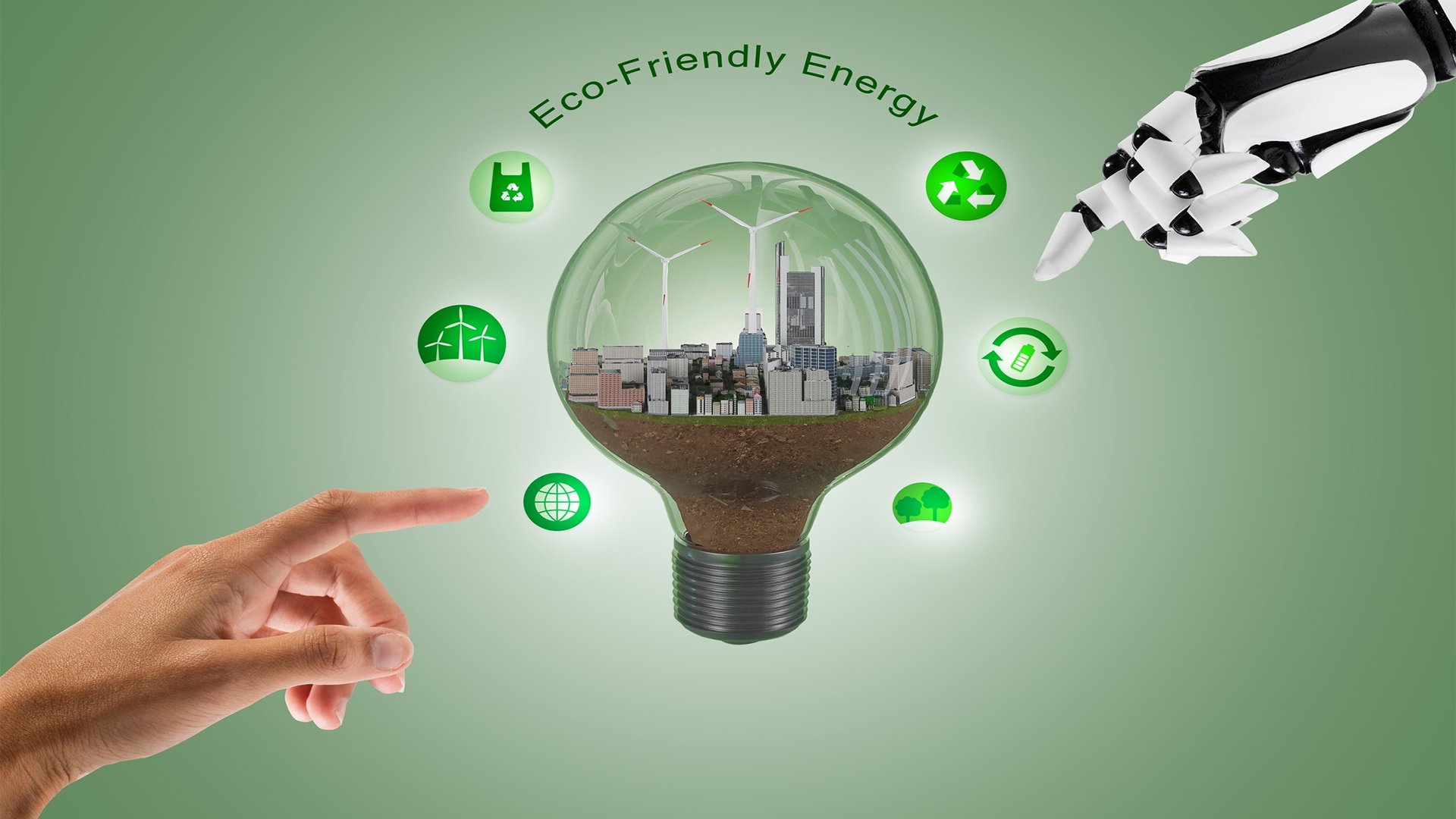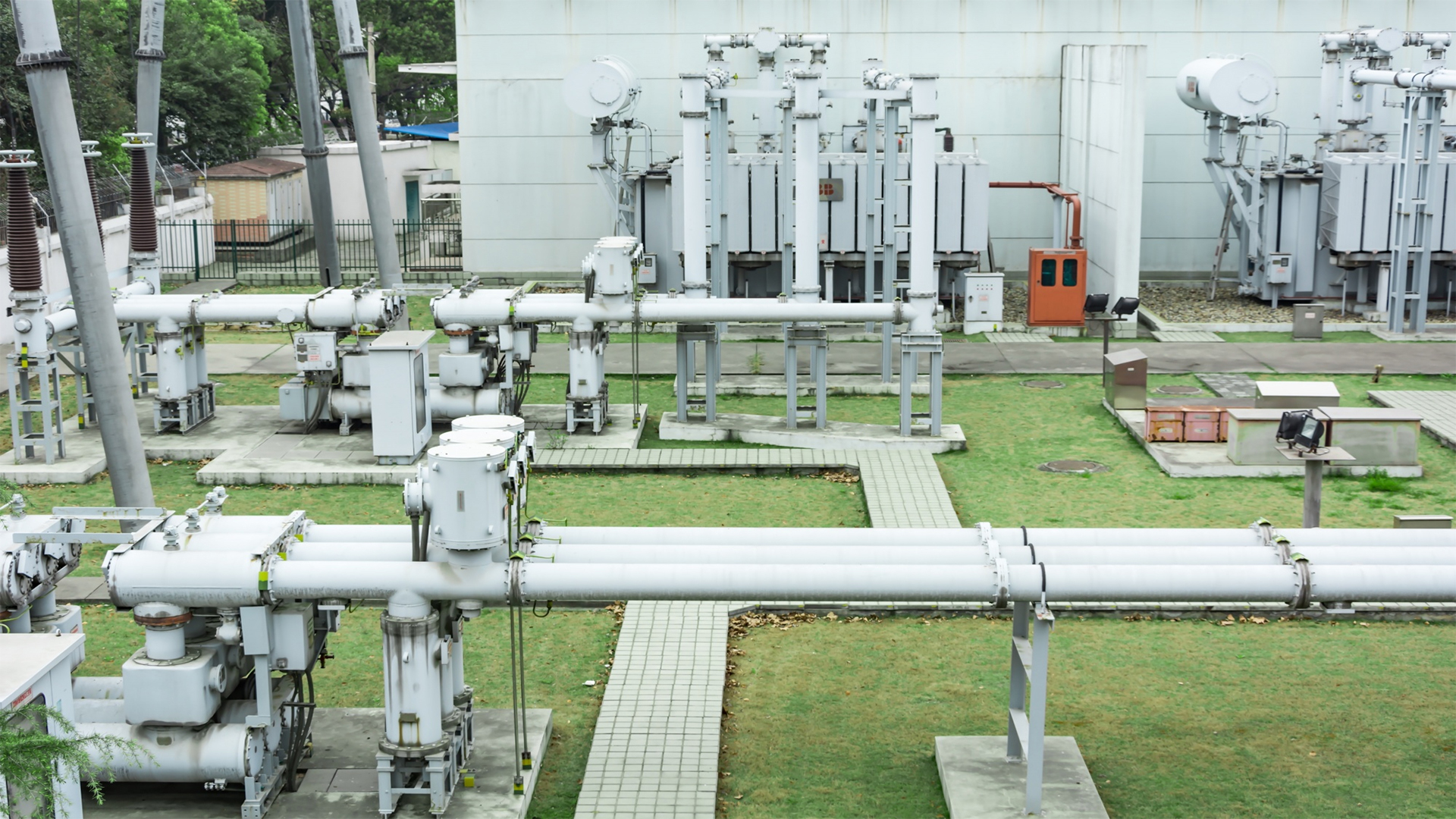
The Ultimate Energy Efficiency Policy & Regulation
Course overview
Greetings and welcome to the Advanced Certification Course on Energy Efficiency Policy and Regulation! It has never been more crucial to comprehend energy efficiency laws and regulations and to actively participate in their formulation and implementation in a time when environmental sustainability, energy security, and economic efficiency are of utmost importance.
The goal of this extensive course is to provide you with the knowledge, abilities, and perspectives required succeeding in the dynamic and important subject of energy efficiency regulation and policy. This course takes a deep dive into the nuances of energy efficiency and prepares you to be a change agent, regardless of your level of experience in the field.
The goal of energy efficiency is to create a more sustainable future rather than only save energy. It is an all-encompassing instrument that is vital in solving some of the most important problems facing the world today because it covers a wide range of industries, technological advancements, and legal frameworks.
We are excited to start this educational adventure with you as we work together to address one of the most important issues of the day: a future that is more sustainable and energy-efficient. Now let’s get going!
Introduction
The Advanced Certification Course on Energy Efficiency Policy and Regulation is a comprehensive and specialized learning experience created to give professionals, decision-makers, and individuals the information and abilities needed to successfully negotiate the complicated terrain of energy efficiency policy and regulation. The complexities of energy efficiency are explored in depth in this advanced certification course, along with its significance for economic growth, environmental sustainability, and energy security.
Policies and regulations pertaining to energy efficiency are more important than ever in the quickly evolving world of today. With the help of this advanced certification program, people will be able to significantly contribute to economic development, environmental preservation, and energy efficiency. Come along with us on this educational adventure to become a pioneer in the regulation and policy of energy efficiency.
We are The Training Bee, a global training and education firm providing services in many countries. We are specialized in capacity building and talent development solutions for individuals and organizations, with our highly customized programs and training sessions.
Learning Objectives
Upon completing Energy Efficiency Policy and Regulation advanced certification course, participants will be able to:
- Recognize the principles underlying energy efficiency and how they relate to sustainable development.
- Examine and evaluate the various policy tools available to support energy efficiency.
- Analyze how regulatory frameworks affect compliance and energy efficiency.
- Examine energy-saving strategies and policies that are relevant to transportation, industry, and residential and commercial structures.
- Discover how to analyze the effects of energy-efficient initiatives and deal with typical evaluation problems.
- Keep abreast on the latest developments in international agreements, technology, and trends that are influencing the field of energy efficiency.
- Learn from real-world case studies and pinpoint the most effective approaches to energy-efficient legislation and regulation.
- Create, put into practice, and oversee efficient energy-saving policies and plans.
- Learn how to assess policies continuously and adjust them to meet changing requirements for energy efficiency.
Our Unique Training Methodology
This interactive course comprises the following training methods:
- Journaling – This consists of setting a timer and letting your thoughts flow, unedited and unscripted recording events, ideas, and thoughts over a while, related to the topic.
- Social learning – Information and expertise exchanged amongst peers via computer-based technologies and interactive conversations including Blogging, instant messaging, and forums for debate in groups.
- Project-based learning
- Mind mapping and brainstorming – A session will be carried out between participants to uncover unique ideas, thoughts, and opinions having a quality discussion.
- Interactive sessions – The course will use informative lectures to introduce key concepts and theories related to the topic.
- Presentations – Participants will be presented with multimedia tools such as videos and graphics to enhance learning. These will be delivered engagingly and interactively.
Training Medium
This Energy Efficiency Policy and Regulation advanced certification course training is designed in a way that it can be delivered face-to-face and virtually.
Course Duration
This training is versatile in its delivery. The training can be delivered as a full-fledged 40-hour training program or a 15- hours crash course covering 5 hours of content each day over 3 days
Pre-course Assessment
Before you enroll in this course all we wanted to know is your exact mindset and your way of thinking.
For that, we have designed this questionnaire attached below.
- Provide your own definition of energy efficiency.
- Enumerate three advantages of energy conservation.
- Give instances of laws or policies pertaining to energy efficiency that you are aware of.
- How does the government encourage energy efficiency?
- Regarding policy and regulation pertaining to energy efficiency, what do you mean when you refer to “regulatory mechanisms”?
- What methods do you think can be used to gauge or assess the efficacy of an energy efficiency policy or program?
Course Modules
This Energy Efficiency Policy and Regulation advanced certification course covers the following topics for understanding the essentials of the Agile Workplace:
Module 1 – Overview of Energy Efficiency Regulation and Policy
- Knowledge of Energy Efficiency
- An explanation and analysis of energy efficiency.
- Advantages of energy efficiency for society, the economy, and the environment.
- Important measures of energy efficiency.
- Policy and Regulation’s Role
- How regulations and policies affect energy efficiency.
- International and national agreements and targets for energy efficiency.
- The past of policy related to energy efficiency.
Module 2 – Instruments for Energy Efficiency Policy
- Required Guidelines and Policies
- Standards for appliances and building codes.
- Standards for industrial energy efficiency.
- Criteria for vehicle fuel economy.
- Motivational Programs
- Tax breaks and refunds.
- Financial assistance and grants for energy-saving initiatives.
- Programs for public-private partnerships.
- Knowledge and Instruction
- Public education initiatives.
- Programs for energy labeling and certification.
- Building capability and training.
Module 3 – Regulatory Structures
- Regulatory Bodies
- The function of commissions and government agencies.
- The roles and authority of energy efficiency authorities.
- Regulatory Systems
- Regulation that is both performance- and rate-based.
- Impact analysis and cost-benefit analysis.
- Observation, documentation, and adherence.
Module 4 – Energy Efficiency in Particular Industries
- Buildings for Residential and Commercial Use
- Codes for construction and energy-efficient design.
- Methods for cooling and heating that use less energy.
- Labeling and requirements for appliances.
- Industry Division
- Industry best practices for managing energy in factories.
- Audits and energy management systems.
- Incentives for energy efficiency in industry.
- Moving
- Vehicle fuel economy standards.
- Encouraging alternatives and public transportation.
- Infrastructure and electric cars.
Module 5 – Evaluation and Impact Assessment of Energy Efficiency
- Methods of Evaluation
- Evaluation methods that is both quantitative and qualitative.
- Performance indicators and benchmarks.
- Success stories and case studies.
- Obstacles and Challenges
- Recognizing typical barriers to energy efficiency.
- Techniques for getting beyond obstacles.
- Comparisons across borders and optimal methodologies.
Module 6 – New Developments and Upcoming Obstacles
- Developing Technology
- IoT and smart grids for energy management.
- Incorporating sustainable energy sources.
- Both distributed generation and energy storage.
- Trends in Global Energy Efficiency
- Examine global trends and objectives for energy efficiency.
- The function of global collaboration.
- Policy changes and climate change.
Module 7 – Best Practices and Case Studies
- Case Reports
- Comprehensive examination of energy-saving initiatives throughout many nations or areas.
- An assessment of their efficiency and the knowledge gained.
- The Best Methods
- Finding shared success criteria.
- Techniques for replicating policies in various settings.
Module 8 – Developing and Implementing Policies
- Process of Developing Policies
- Consultation and involvement of stakeholders.
- Determining aims and purposes.
- Creating policy manuals.
- Application and Vigilance
- Techniques for a seamless execution.
- Mechanisms for enforcement and compliance.
- Observing and documenting.
Module 9 – Evaluation and Adaptation of Policies
- Constant Enhancement
- The significance of continuous assessment.
- Collecting and evaluating data.
- Modifying policies as needed.
- Worldwide Collaboration
- Cooperation on energy efficiency in global affairs.
- Gaining knowledge from and adding to international best practices.
Post-course Assessment
Participants need to complete an assessment post-course completion so our mentors will get to know their understanding of the course. A mentor will also have interrogative conversations with participants and provide valuable feedback.
- Give a succinct explanation of the main ideas behind energy efficiency legislation and policy that you have studied in this course.
- Give an example of a real-world energy efficiency rule or policy, including its main characteristics and effects.
- After taking this course, how has your perspective on the significance of energy efficiency changed?
- What difficulties or barriers do you perceive in using the information and abilities you’ve learned in this course in your line of work?
- Has this course altered your hopes or career goals in the area of energy efficiency policy and regulation? If so, kindly elaborate.
- After completing this course, how do you intend to keep current and learn more about energy efficiency regulations and policy?
Lessons Learned
One of the Foundations of Sustainability is Energy Efficiency: The goal of energy efficiency is to create a resilient and sustainable future, not only to save energy. It discusses social welfare, economic expansion, energy security, and environmental preservation.
Progress is driven by Law and Regulation: Strong laws and regulations are essential instruments for increasing energy efficiency. They provide guidelines, offer rewards, and build the foundation for action.
Sectoral Methods Are Crucial: There are particular energy efficiency problems and solutions for several industries, such as transportation, industrial facilities, and residential buildings. Customized laws and rules are required to deal with these difficulties unique to this industry.
Global Cooperation Is Essential: Energy efficiency is a worldwide problem that calls for collaboration across nations. The importance of international agreements and the many stakeholders’ roles in accomplishing global energy efficiency goals were emphasized in the course.
Constant Assessment and Modification: It’s critical to regularly assess and modify laws and policies. The seminar placed a strong emphasis on the value of making decisions based on evidence and the readiness to modify plans of action when conditions change.
Obstacles & Difficulties Exist: The participants acknowledged the presence of typical roadblocks that impede energy efficiency initiatives, including budgetary limitations, ignorance, and regulatory restrictions. Recognizing and removing these obstacles is crucial.







